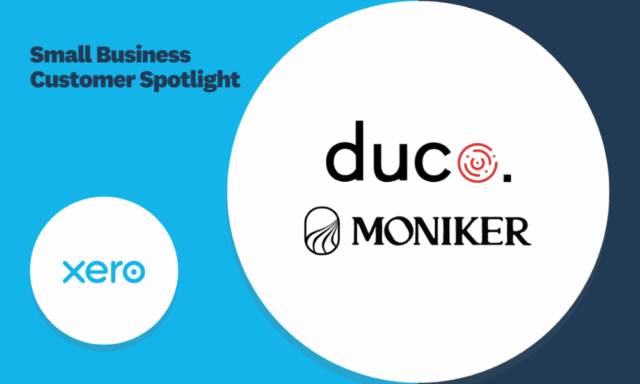
Don’t wait for disaster to innovate: Plan for your future
Last updated: Feb 3, 2024

In February 2020, businesses across Aotearoa were settling into a new year, coming off the back of a relaxing summer break. Concerns about a new coronavirus causing problems globally were in the periphery, but overall it was business as usual for Kiwis.
By the end of March, the way we conducted business had fundamentally changed forever. Out of necessity, businesses embraced technology and found new ways to work.
The path to digitisation
The COVID-19 pandemic forced all businesses across Aotearoa to rapidly innovate.
This speedy path to digitisation has made the small business sector more productive than ever and better prepared to deal with future challenges.
It has also opened the lines of communication between businesses and their advisors. We know that the volume of phone calls and queries from clients over the pandemic was unprecedented.
However, if it wasn’t for the lockdowns, this digital adoption and willingness to change would have taken a lot longer.
Over the last 18 months, we’ve seen our day-to-day lives transformed by necessity as we adapt to the challenges posed by COVID-19, lockdowns and the need for the economy to continue.
The lesson here is we shouldn’t need a pandemic to prompt us to make fundamental improvements to our business processes.
Lead the pack by focussing on the future
As advisors, we understand the benefits of improved productivity, yet struggle to make time to adjust our own practices. Now’s the time for us, and also our clients, to spend time working on the business – not just working in it.
Don’t wait for disaster to innovate – plan ahead now.
We owe it to ourselves to prioritise our own needs and goals, and plan for change within the firm, while regularly assisting our clients to improve their businesses. Or, at the very least, to keep abreast of the change that is happening around us.
The key is to continue thinking about the future. That can be a big ask for businesses who are busy simply trying to keep their heads above water at the moment.
However, if that’s all we do for the next 18 months, by the end of 2022 we won’t be adapting or progressing as fast as others – falling to the back of the pack.
It’s easy to let things slip when you’re busy, so consider ahead of time what you want to do proactively versus reactively, and how you’ll allocate time each week to ensure you are proactive.
Tips to move your business forward
While I understand the pressures of time constraints, and how easily urgent work is prioritised over important work, I’d like to share 10 recommendations to move your business forward.
- Create space to pause, breathe and ponder your future – preferably outside of the office.
- Consider your personal goals and the organisation’s current mission and purpose. Do these need to be adjusted or tweaked? Are all directors, and all of your senior team aligned on your purpose?
- Block out some quality time with your senior leaders. I suggest doing this off-site because you’re generally more creative and don’t have the same number of interruptions. Double the time that you think you need to ensure you have sufficient uninterrupted time.
- At the offsite, get creative and brainstorm where you want to be in six months, 12 months and why. Include culture, wellbeing and team satisfaction levels, not just financial goals. Talk to your mentors and advisors, and include them in this journey.
- Together with your senior leaders, mentors and advisors, map out where you’d like to be in the next horizon of 2-3 years.
- Again with your senior leaders, mentors and advisors, map out where you’d like to be in the following horizon of 3-5 years. Sometimes it’s easier to start here and work backwards to shorter time frames.
- Consider how you will internally communicate this plan with the wider team. It’s important for all to have a shared understanding and be aligned to one vision. Your team will also help you reach your goals and share accountability.
- Create a more detailed 6-12 month plan. Include operationally how you will get there, who’s responsible and allocate some initial milestones and targets or key performance indicators (KPIs) to measure success.
- Book a future time to check in, follow up and re-assess, adjust or tweak the plan. Nothing is set in stone and most things don’t go exactly as we imagined.
- Celebrate success at each milestone. We don’t celebrate success enough, yet it’s a shared experience to galvanise and invigorate the team.
Digitisation and adapting to change are the keys to unlocking increased productivity. With improved flexibility comes faster, more efficient business outcomes. All it took was a global pandemic to kickstart widespread change, but now we’re in a position to stay ahead of the curve.





